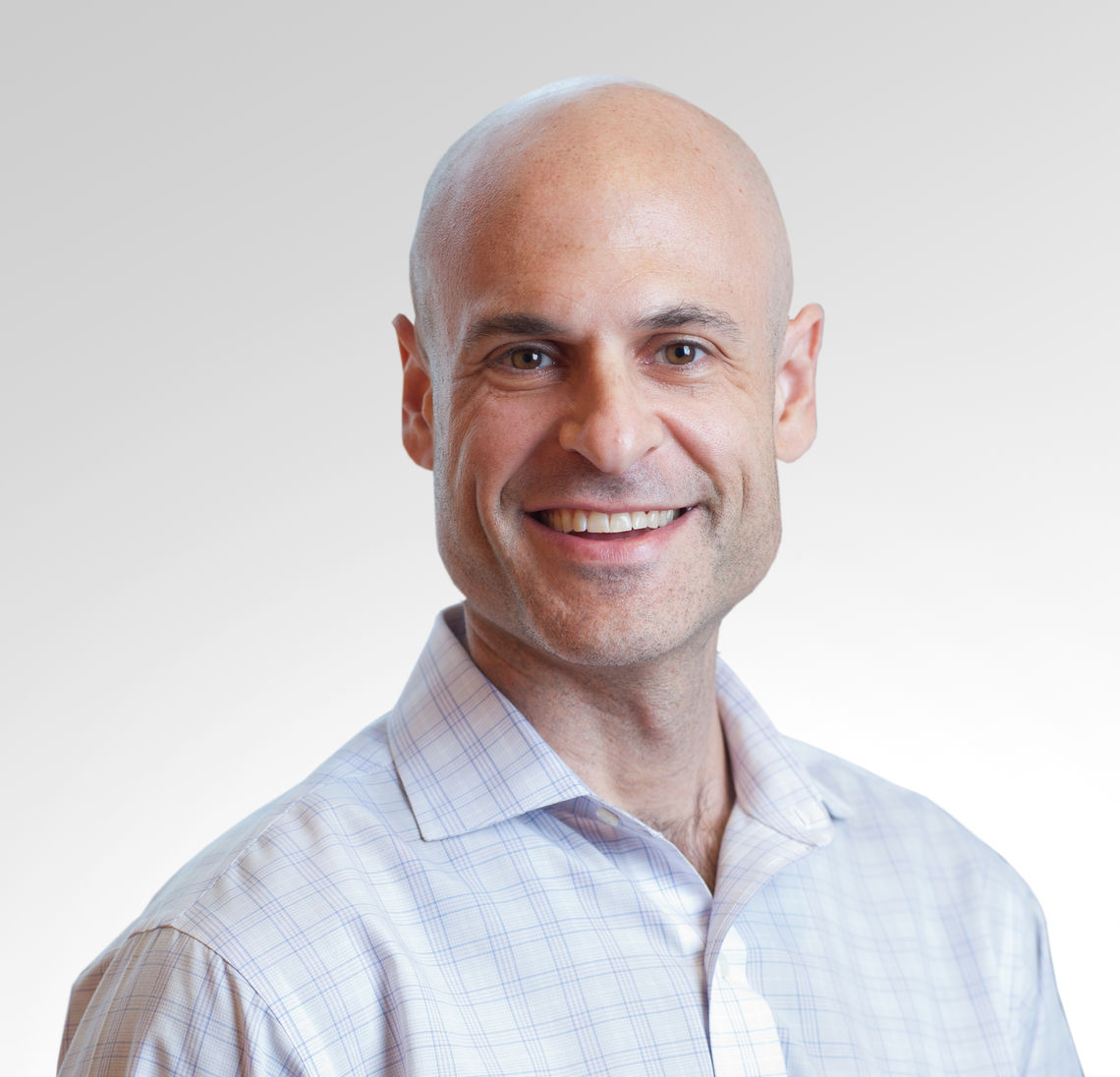February 5, 2020
Scott Halpern Named John M. Eisenberg Professor in Medicine
Scott Halpern, MD, PhD, Professor of Medicine, Epidemiology, and Medical Ethics and Health Policy, has been named the inaugural John M. Eisenberg Professor in Medicine at the University of Pennsylvania. Dr. Halpern, also a member of the Center for Health Incentives & Behavioral Economics (CHIBE)'s leadership team, is the founding Director of the Palliative and Advanced Illness Research (PAIR) Center, a Senior Fellow in the Leonard Davis Institute of Health Economics (LDI), and a practicing critical care physician at HUP.
After graduating from Duke University, Dr. Halpern completed medical school, graduate school, residency in Internal Medicine, and fellowship in Pulmonary and Critical Care Medicine all at Penn. He joined Penn’s faculty in 2009, was promoted to Associate Professor of Medicine, Epidemiology, and Medical Ethics and Health Policy, with tenure, in 2015, and to Professor in 2018.
Dr. Halpern’s research seeks to develop and test interventions to improve the effectiveness, efficiency, and equity of health care delivery for patients with serious and critical illnesses. This work has been supported by more than two dozen grants, including most recently a P30 grant from the National Institute on Aging to establish the Penn Roybal Center on Palliative Care in Dementia. He has been nationally recognized with awards such as AcademyHealth’s Alice S. Hersh New Investigator Award, the Robert Wood Johnson Foundation Young Leader Award, the American Federation for Medical Research’s Outstanding Investigator Award, and the Association of Clinical and Translational Science’s Distinguished Investigator Award. He is an elected member of the American Society of Clinical Investigation and the Association of American Physicians. Here at Penn Medicine, Dr. Halpern has received the Marjorie A. Bowman New Investigator Award, the Samuel Martin Health Evaluation Sciences Research Award, and this past year, the Arthur K. Asbury Outstanding Faculty Mentor Award in recognition of his unique commitment to mentorship, including service as the primary mentor on 8 active “K” career development awards for Penn faculty.
About the John M. Eisenberg Professorship
The John M. Eisenberg professorship was made possible by the generosity of Janet and John Haas, who have been long-time supporters of the University and Penn Medicine and have championed numerous strategic initiatives advancing Penn’s mission. Dr. Janet Haas is also a Trustee of the University of Pennsylvania and Vice Chair of Patient Care for The Power of Penn Medicine Campaign. Reflecting the Haas’s enduring selflessness, in endowing the Eisenberg professorship they asked Dr. Halpern to choose whose name it would bear. After consulting with trusted colleagues who knew Dr. John M. Eisenberg well, the choice became easy.
Before his untimely death in 2002 at the age of 55, John Eisenberg made countless lasting contributions to Penn and to health care nationwide. Dr. Eisenberg spent 20 years at Penn as a resident in Internal Medicine, a Robert Wood Johnson Clinical Scholar, a Wharton MBA student, a faculty member who was universally regarded as an exceptional investigator, clinician, and mentor, and as the founding Chief of Penn’s Division of General Internal Medicine. Dr. Eisenberg went on to become the Chair of the Department of Medicine at Georgetown University before becoming the Director of the federal Agency for Healthcare Research and Quality in 1997. His 1986 book Doctors’ Decisions and the Cost of Medical Care is still widely regarded as one of the seminal treatises in the field of medical decision making. More generally, his work was foundational in establishing the field of health services research.
Dr. Risa Lavizzo-Mourey, University Professor of Population Health and Health Equity, noted that “Like Scott, John Eisenberg is a trailblazer and a mentor par excellence. In his short life John helped to create a new field and nurture the next generation of its leaders. Already, Scott is having the same influence on his field and its future leaders.”
Numerous tributes to Dr. Eisenberg were written after his death by colleagues in academia and public service. Former Secretary of Health and Human Services Donna Shala wrote, “When we had neither an assistant secretary of health nor a surgeon general, John stepped in, and it was a period of great fun and progress. He coached the youngest among us. He was integrity itself.” Former U.S. Senator Edward Kennedy noted, “There are few in this world who can say that their work has helped millions of people have fuller, better lives. But John was in that extraordinary group of people who have done so much for so many.”
